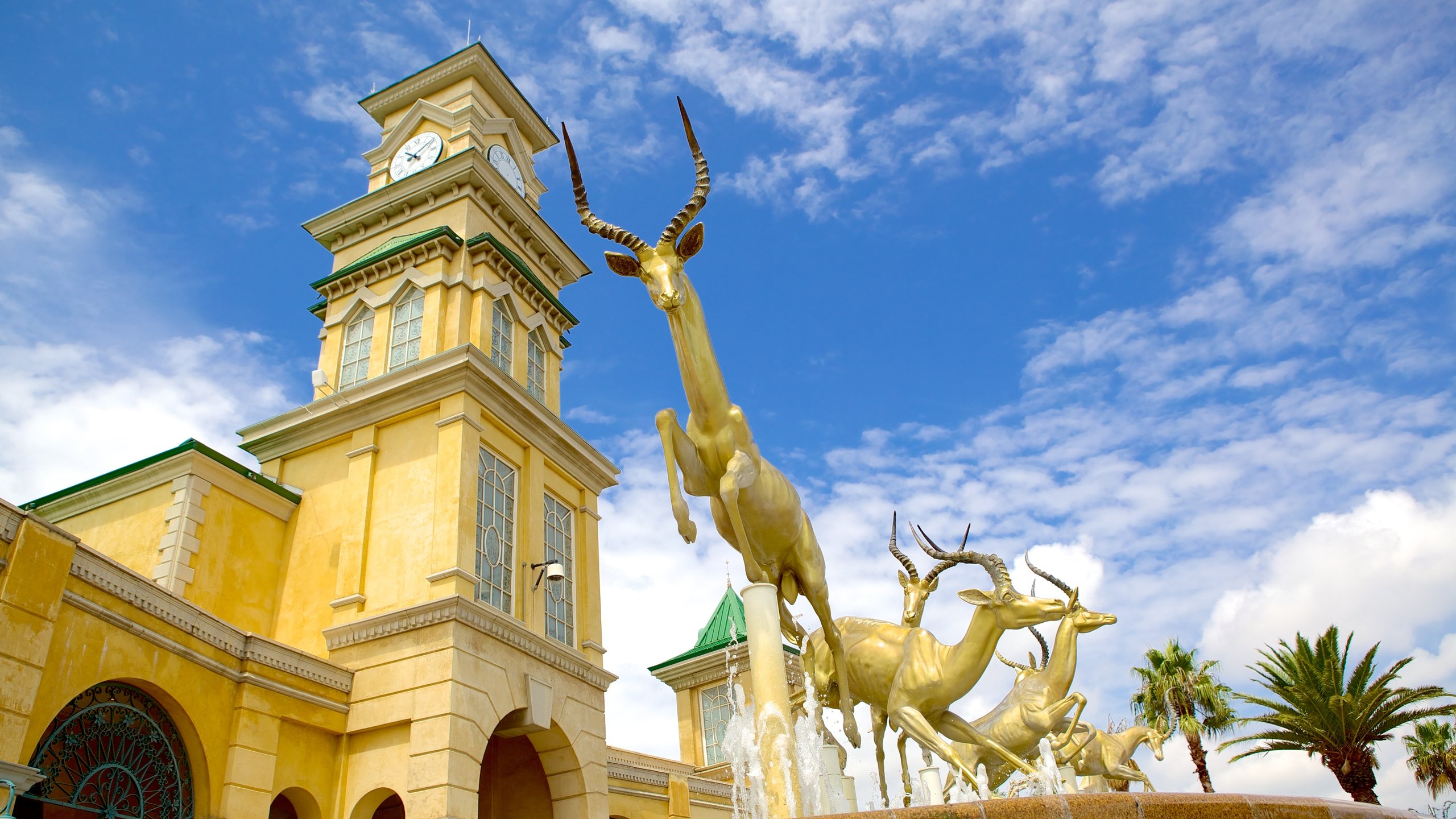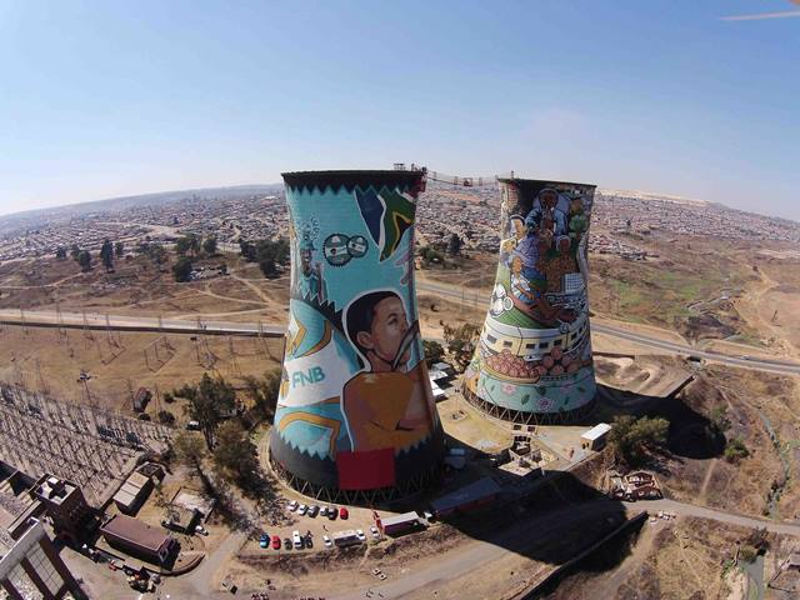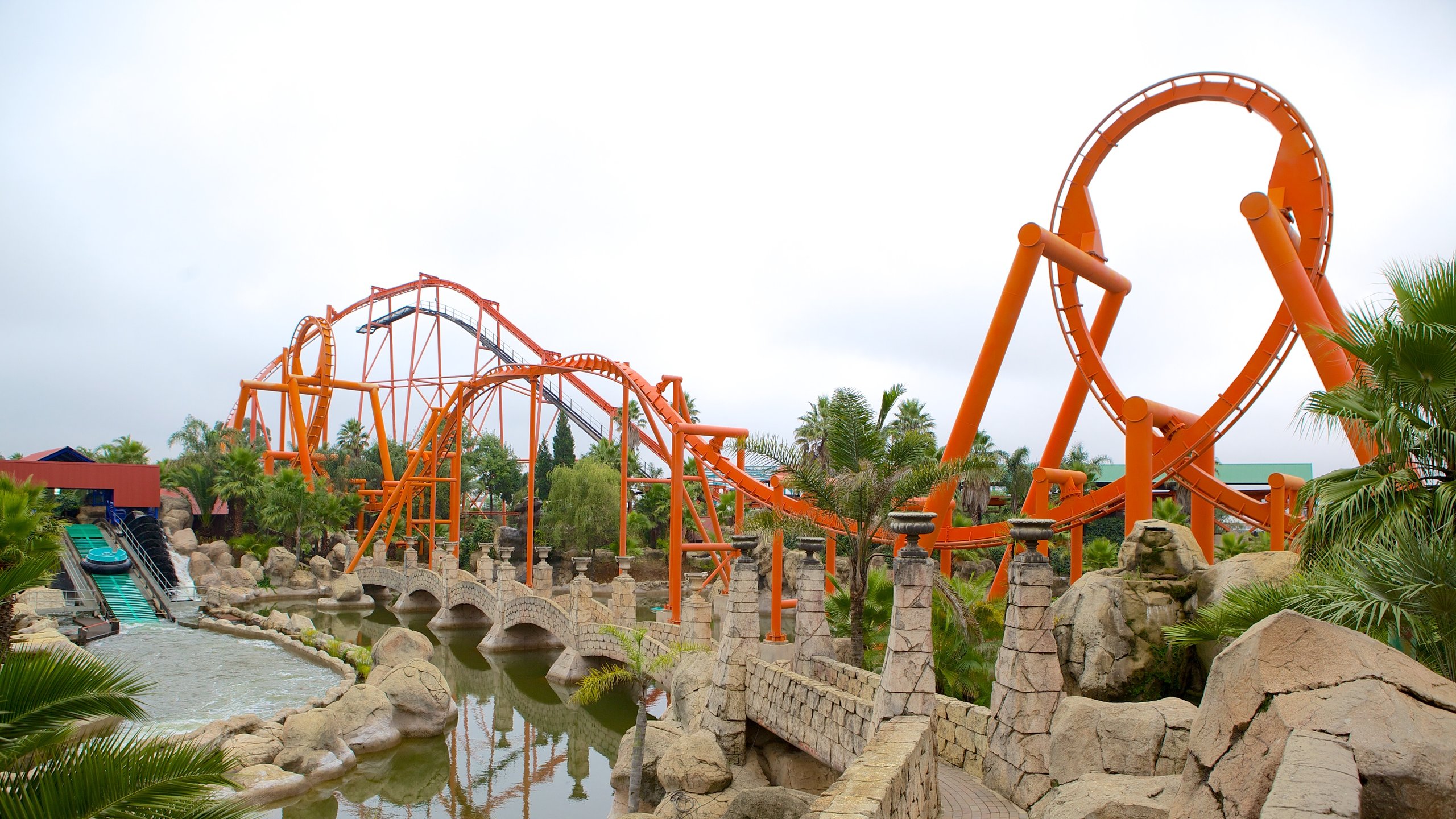The Ultimate Guide To Johannesburg North Attractions
The Ultimate Guide To Johannesburg North Attractions
Blog Article
What Does Johannesburg North Attractions Do?
Table of ContentsEverything about Johannesburg North AttractionsWhat Does Johannesburg North Attractions Do?How Johannesburg North Attractions can Save You Time, Stress, and Money.The 3-Minute Rule for Johannesburg North AttractionsA Biased View of Johannesburg North AttractionsJohannesburg North Attractions Fundamentals ExplainedJohannesburg North Attractions Can Be Fun For Everyone
You should maintain security in mind and vacationers must stay sharp at all times when in unfamiliar surroundings. Talk with the locals when you remain in community to learn about the location you are remaining in. Johannesburg North attractions. When on the road (this doesn't relate to buying malls and various other secure atmospheres) ideal general suggestions is to try your best to appear like a neighborhood and to avoid showing any type of kind of wealth
Johannesburg North Attractions Can Be Fun For Everyone
Teacher Revil Mason O. J. (Thomson, 1946) explored the Witwatersrand's pre-colonial history. His historical work took off the 'em pty land' misconception, according to which the area was lacking human habitation prior to the arrival of European settlers. In his magazines Prehistory of the Transvaal: A Document of Human Task (1962) and Origins of Black Individuals of Johannesburg and the Southern Western Central Transvaal AD 3501880 (1986 ), Teacher Mason demonstrated the level of social and financial growth in the location before Europeans established foot here.

Little Known Facts About Johannesburg North Attractions.
In 1878, David Wardrop found gold in quartz capillaries at Zwartkop, north of Krugersdorp. In 1881, Stephanus Minnaar came across gold on the ranch Kromdraai, near the Cradle of Mankind.
In March 1886, an outcropping (soon to be called the Main Reef) was discovered, fairly fortuitously, on Gerhardus Oosthuizen's farm Langlaagte. Some claim that the Lancastrian coal miner George Walker uncovered this reef. One more itinerant English prospector, George Harrison (that had actually previously operated in Australian mines) acquired a prospecting permit in regard of Langlaagte in Might 1886.
He determined to relocate on in a pursuit for greener fields, and disposed of his Langlaagte case for the princely sum of 10. Alas: beneath lay the richest goldfield ever before located. The discovery of this abundant auriferous reef provoked a gold rush that signalled the end of agrarian serenity in the southerly Transvaal.
It would certainly, within six years, end up go now being the largest town in southerly Africa. Within a years, it would certainly make the Z. A. R. up until then an anarchical and bankrupt little state the wealthiest country in Africa. By the turn of the century, the Z. A. R. was to surpass Russia, Australia and the USA of America to come to be the globe's leading gold producer, generating greater than a quarter of the globe's gold.
See This Report on Johannesburg North Attractions
It was referred to as Ferreira's Camp, called after Colonel Ignatius Ferreira. He was a Boer adventurer upon whom the British authorities had presented the status of Friend of the Many Distinguished Order of St Michael and St George (qualifying him to the post-nominal letters C. M. G.) in thankfulness for his role in the battle that had deposed the Pedi king Sekhukhune in 1879.
Quickly the camp was including tents and wagons as beginners arrived daily from everywhere. By September 1886, some 400 people resided in Ferreira's Camp, which soon flaunted upreared iron and hardwood buildings. 2 other camps were developed: Meyer's Camp on the ranch Doornfontein, and Paarl Camp. The latter was nicknamed Afrikander Camp; lots of people from the Cape Colony resolved more information there.

The Of Johannesburg North Attractions
This name got currency by word of mouth, such that the State Assistant verified the name to the Mining Commissioner on 9 October 1886. Stands in the town were auctioned on 8 December 1886. While some stands were cost 10, others were knocked down for as low as sixpence.
Two years later on, these erven were to change hands for as high as 750 each. The tented camps dwindled as a dorp of corrugated iron structures developed and increased north of the mines located along the Key Reef Roadway. Areas such as Jeppe's Community (where working-class immigrants erected their homes) and Doornfontein (where the wealthy brand-new 'Randlords' started to build their opulent homes) were quickly contributed to the ever-expanding map of the community.
The Johannesburg North Attractions Ideas
Apart from the road names, there were no indications of Johannesburg being positioned in a Dutch-speaking nation., almost every person spoke English and even the Government slaves dealt with one in English, unless they were initial resolved in the Taal (or Low Dutch)'.
Britain had an interest in ensuring optimal problems for gold manufacturing on the Witwatersrand, and that the gold was exported to London instead than Berlin an essential rendered all the extra clamant by the Z. A. R.'s increasing toenadering with Germany. Mine owners got on an accident program with Head of state Kruger, whose policy of monopolistic giving ins (typically given to his cronies) avoided mining firms from acquiring materials of products (especially dynamite) and work by themselves, more affordable terms
The Ultimate Guide To Johannesburg North Attractions
In 1890, the Volksraad had actually limited the franchise business to white men who had actually resided in the Z. A. R. for fourteen years or longer, hence disqualifying most of the immigrants (that occurred to be the significant contributors to the fiscus). Frustration for the vote was a simple pretext for advertising a different agenda; a lot of uitlanders concerned themselves as temporary visitors and had no objective of staying in the Z.
Report this page